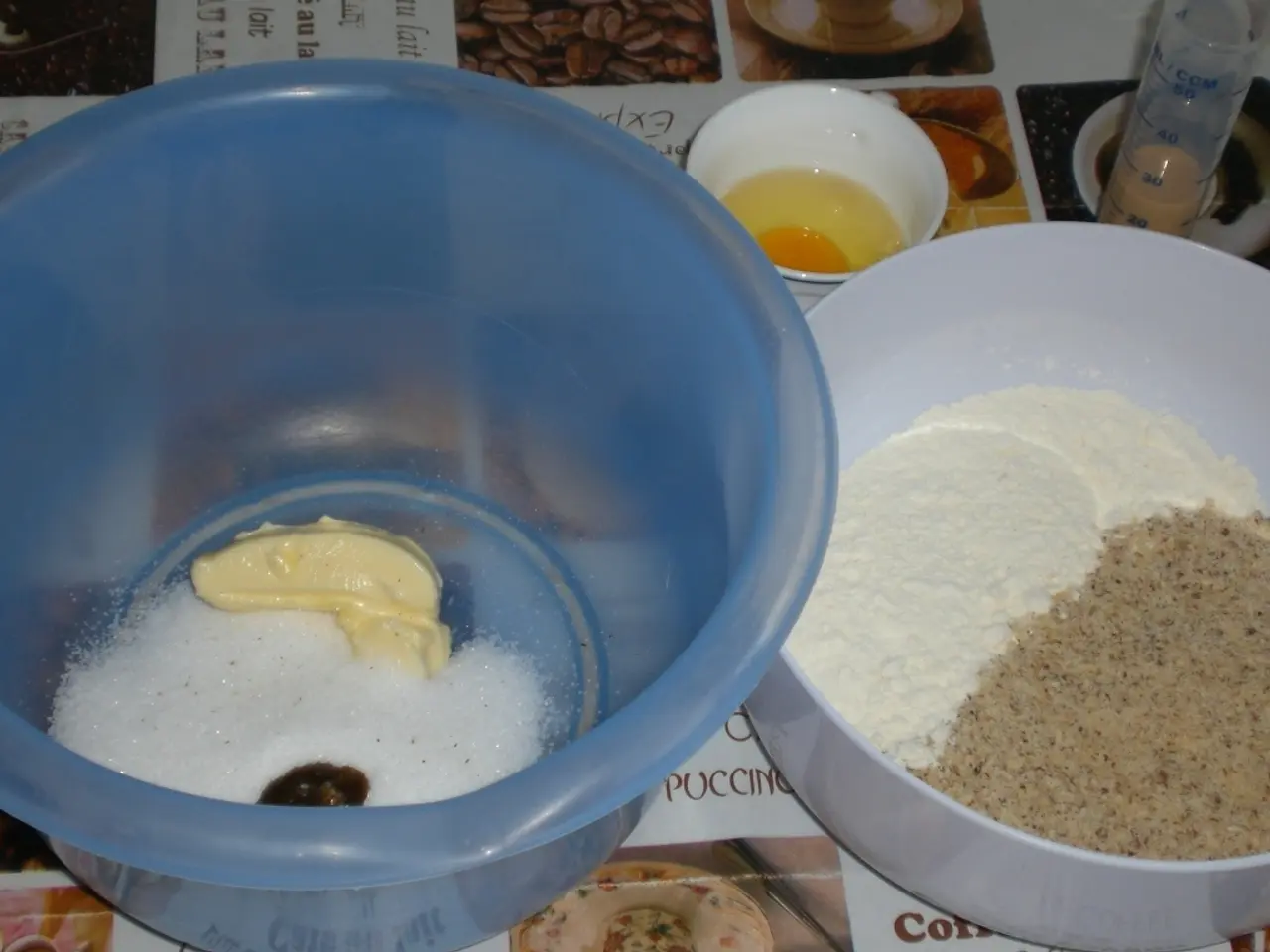Straining During Defecation: Understanding Potential Hazards, Causes, and Solutions
Straining During Bowel Movements: A Silent Culprit for Rectal Health Issues
Straining during bowel movements, a common occurrence for many, can lead to a host of long-term rectal health problems. This article aims to shed light on the potential consequences of constant straining and provide some preventive measures.
The Impact of Straining on Rectal Health
- Hemorrhoids: Straining increases pressure on veins around the anus, leading to the development of enlarged, painful hemorrhoids [1][4].
- Anal Fissures: Hard stools and straining can cause tears in the anal lining, resulting in pain and bleeding [1][2][5].
- Fecal Impaction: Persistent constipation and straining may cause a large, hardened stool mass blocking the rectum, often requiring medical removal [1][3][5].
- Rectal Prolapse: Chronic straining can cause the rectum to protrude partially outside the anus due to weakened support [1][5].
- Urinary Problems: A full or impacted rectum can press on the bladder, causing urinary urgency, frequency, or retention [1][3].
Other consequences include a poorer quality of life and potential psychological effects since chronic constipation and related complications can be stressful and contribute to anxiety or depression [1].
Preventive Measures
To prevent the need to strain, it is best for people to listen to their bodies when they need to have a bowel movement and make time to use the restroom as soon as possible rather than waiting. If a person is straining while pooping, stopping and trying again later may be beneficial. A stool softener, suppository, or enema may help soften the stool and prevent straining.
When to Seek Medical Advice
If a person is having trouble addressing constipation through lifestyle methods or if their symptoms are severe, it is important they speak with their doctor. Certain medical conditions, medications, and dietary supplements can contribute to constipation and straining [2][3][4]. If a person believes a medication may be causing them to experience constipation and straining, they can speak with their doctor about other options.
In severe cases of straining, a person may develop rectal prolapse, requiring medical attention. It is crucial to only use laxatives for a short period and only when constipation is severe or other treatment methods have not worked [3].
For more in-depth resources on irritable bowel syndrome (IBS), a condition that can contribute to constipation, visiting a dedicated hub is recommended [6].
References
[1] Mayo Clinic. (2021). Constipation. https://www.mayoclinic.org/diseases-conditions/constipation/symptoms-causes/syc-20355609
[2] NHS. (2021). Constipation. https://www.nhs.uk/conditions/constipation/
[3] Cleveland Clinic. (2021). Constipation. https://my.clevelandclinic.org/health/diseases/15683-constipation
[4] American College of Gastroenterology. (2021). Hemorrhoids. https://www.acg.org/patients/disease-information/hemorrhoids
[5] American Society of Colon and Rectal Surgeons. (2021). Anal Fissure. https://www.fascrs.org/patients/disease-condition/anal-fissure
[6] IFFGD. (2021). IBS Center at UC San Diego Health. https://www.aboutibs.org/ibscenter/uc-san-diego-health/




